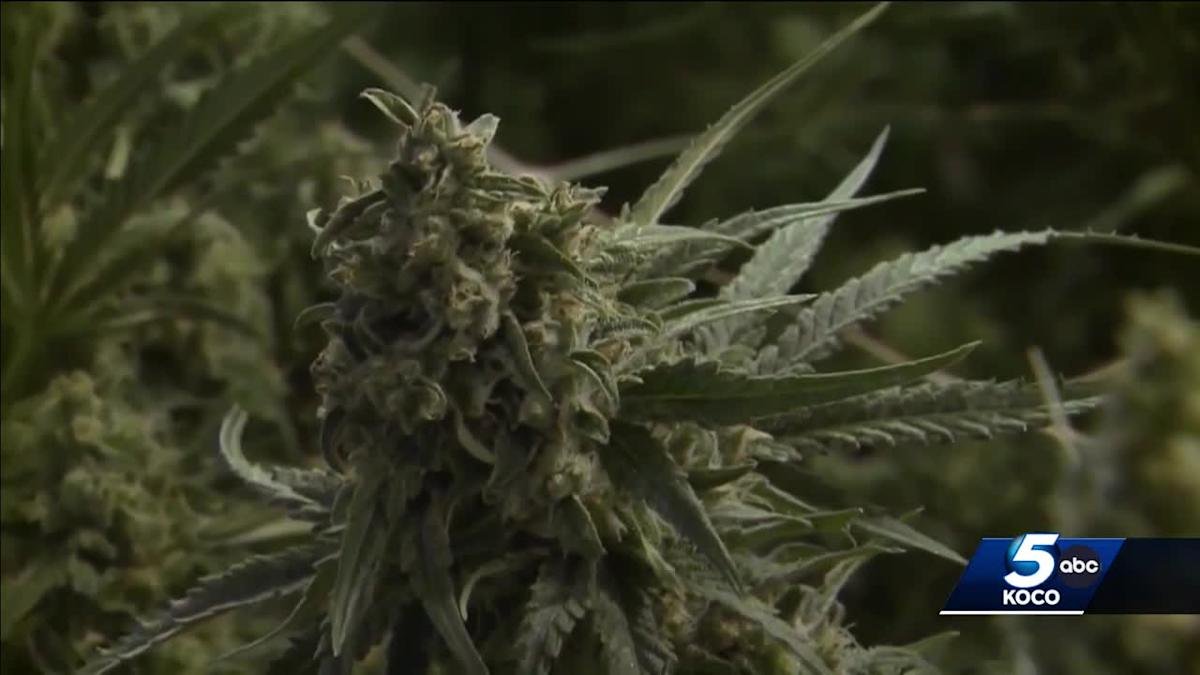The Texas House approved a bill on Monday aimed at significantly broadening the state’s medical marijuana program, a move that could enhance access for veterans and non-veterans alike. House Bill 46, introduced by Rep. Ken King, received a strong bipartisan vote of 118-16, indicating widespread support among lawmakers.
This legislation will allow military veterans to access tetrahydrocannabinol (THC) treatments for a range of conditions beyond the current state guidelines. Specifically, it permits doctors to prescribe low-dose THC for ailments that are not listed in the Texas Compassionate Use Program. Additionally, the bill empowers the Texas Department of State Health Services to identify and include other qualifying conditions in the future.
Currently, approximately 12,000 individuals participate in the Compassionate Use Program, which covers medical conditions such as post-traumatic stress disorder (PTSD), epilepsy, cancer, and multiple sclerosis. The existing program restricts the number of licensed dispensaries to just three statewide, which limits patient access. Under the proposed changes, the number of dispensaries will increase to 11, allowing them to store inventory in multiple locations across Texas. This adjustment is expected to reduce delivery times and costs for patients needing their medications.
The new bill also expands the list of qualifying conditions for non-veterans. Conditions that could now be treated with low-dose THC include chronic pain that typically requires opioid management, Crohn’s disease, glaucoma, traumatic brain injury, spinal neuropathy, and degenerative disc disease. Furthermore, the legislation introduces new delivery methods for THC, including vaporizers and suppositories, although it does not allow for the sale of smokable cannabis flower.
Supporters of House Bill 46, such as Rep. Christina Morales, emphasized the importance of providing safer alternatives to opioids, which have been linked to widespread addiction issues. Morales highlighted the bill as a step forward for veterans, rural communities, and working families.
On the other hand, some lawmakers, including Rep. David Lowe, an Army veteran, voiced opposition to the legislation, arguing that marijuana does not effectively treat PTSD or other veteran-related issues. Lowe recounted that he was advised by the VA against using marijuana for PTSD, suggesting that it merely masks symptoms rather than addressing them.
The bill’s next steps involve negotiations between the Texas House and Senate to reconcile their differing versions. If a compromise is reached, the finalized legislation will be sent to the governor for approval. As Texas continues to navigate its approach to medical marijuana, this bill marks a significant development in enhancing access to cannabis treatments for many residents.




